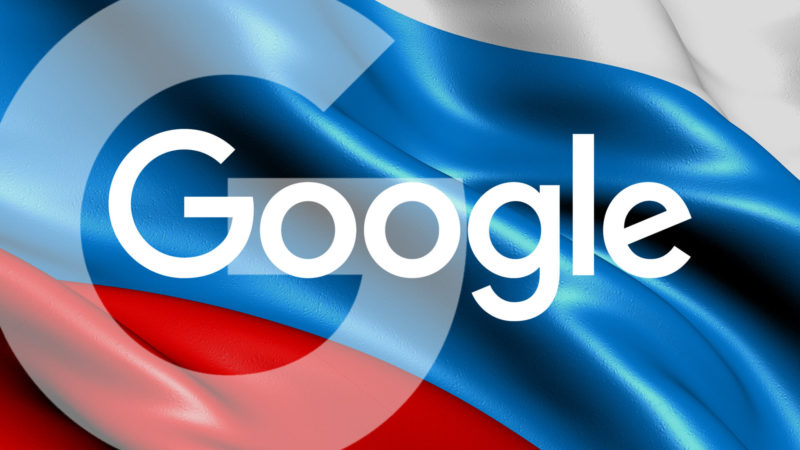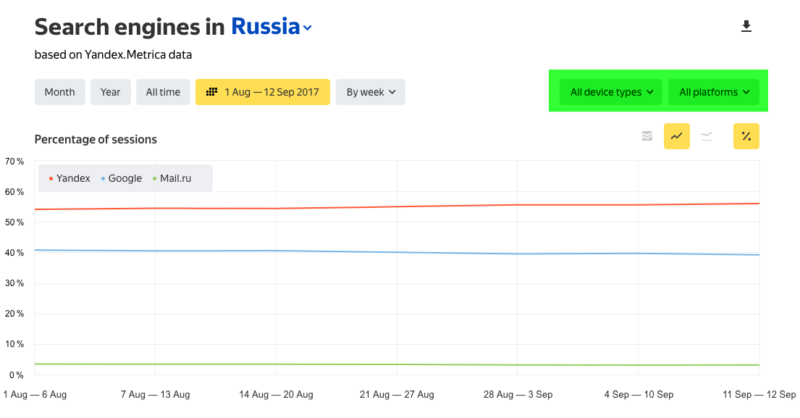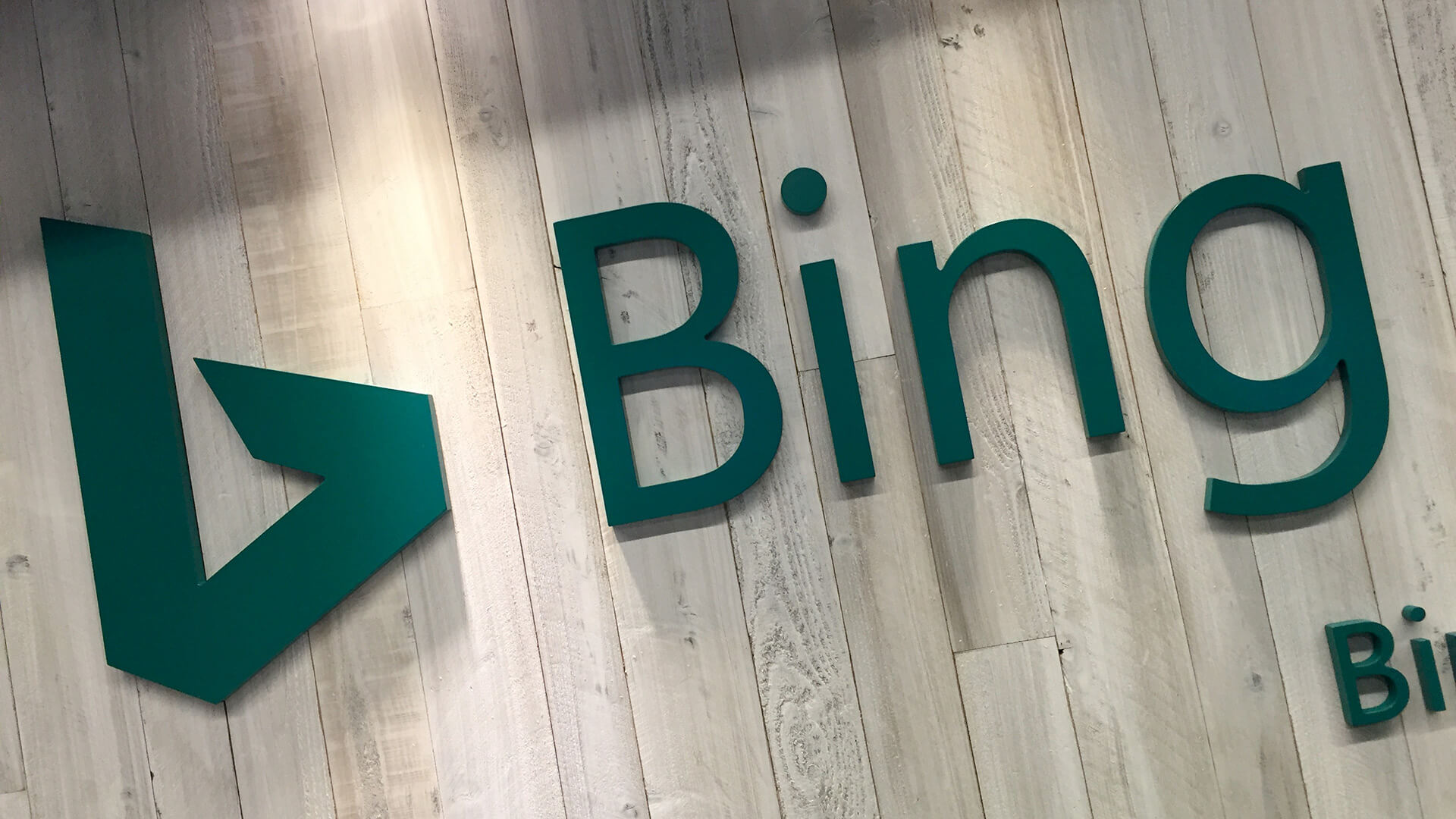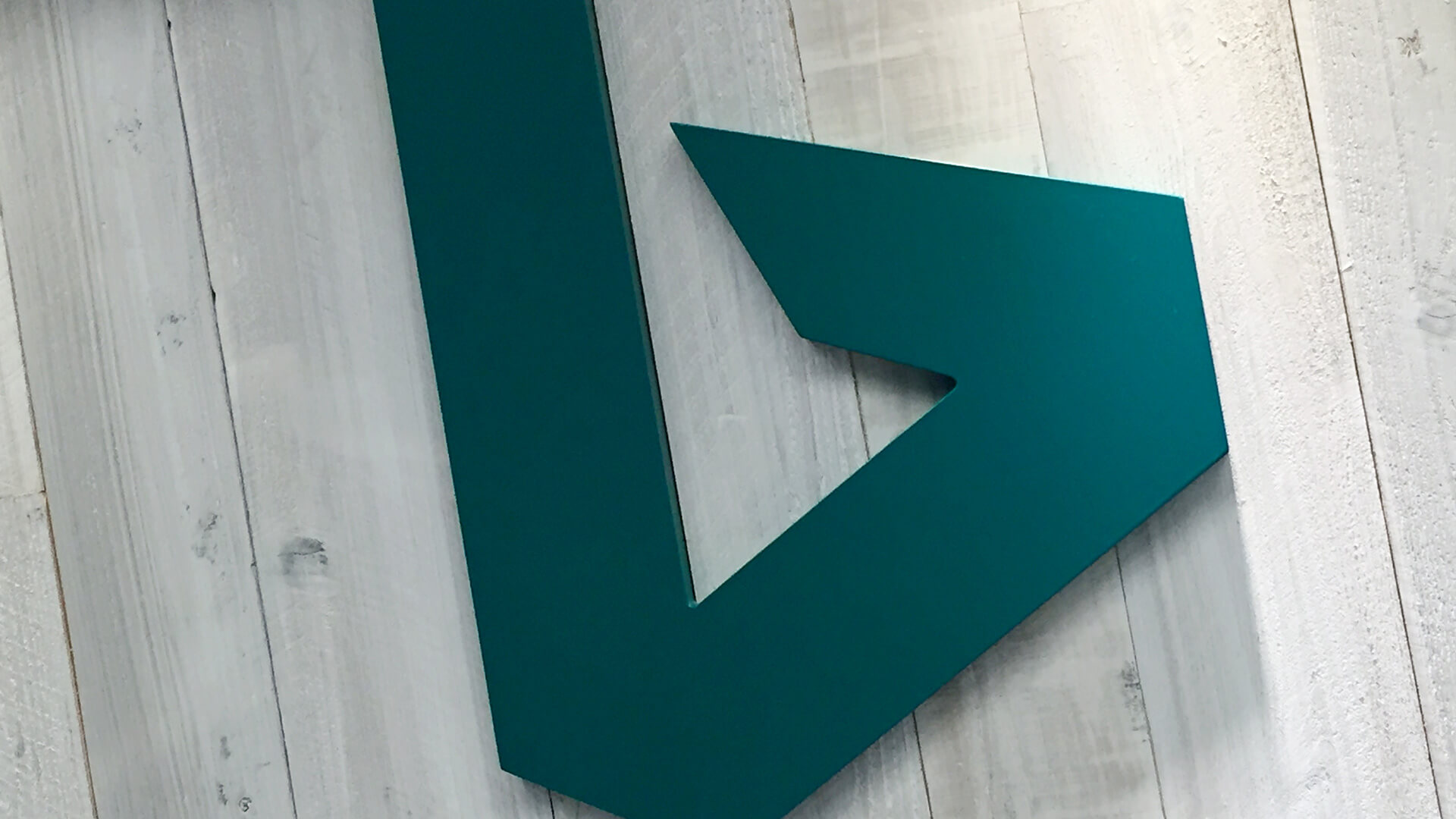
As Search Engine Land first reported in October of 2015, Russia’s Federal Antimonopoly Service (FAS) determined that Google violated Russian competition laws by banning phone manufacturers from preinstalling competitors’ apps, and requiring those same phone manufacturers to preinstall selected Google apps on Android in exchange for access to the Google Play Store.
Well, after nearly 20 months of negotiations, a voluntary settlement was reached on April 17 of this year. According to the FAS press release:
Additionally — and probably more applicable to the present-day international digital marketer — the FAS release also states, “Google will develop an active ‘choice window’ (example below) for the Chrome Browser which at the time of the next update will provide the user with the opportunity to choose their default search engine.” That updated Chrome Browser arrived in August 2017, and the impact on the marketplace is already visible.
Because Russia is home to one of the world’s largest internet audiences, any shift in search market share can have a significant impact on an advertiser’s strategy. Recent years have seen a substantial increase in Western companies advertising in Russia, so let’s take a peek at the current market dynamics.
According to tracking platform Yandex.Radar, Google owns a 56 percent share on Android devices, three percentage points down from the day the “choice window” was introduced. Not coincidentally, Yandex has gained roughly three points since the “choice window” introduction.

Russia is considered by many to be a desktop-first market, but as noted in Greg Sterling’s original article on the topic, Android is the heavy market leader in mobile operating systems. So, the impact of a shift in search share on Android devices affects total search share as well.
Here’s a look at the overall market trends since the August 1 update:

We can see that Yandex had the majority share of 54 percent for the total combined desktop and mobile market prior to the “choice window” introduction, and it has already climbed to 56 percent since the introduction of the “choice window.”
In a country with 100 million internet users, a two-point swing has a significant impact on consumer reach.
The digital ecosystem in Russia is evolving, but smartphone penetration remains considerably less than in more mature markets like the US. Not surprisingly, internet penetration in Russia is strongest in the 12-17 age demographic, and as the younger users age, smartphone penetration is expected to skyrocket.
Contributing authors are invited to create content for Search Engine Land and are chosen for their expertise and contribution to the search community. Our contributors work under the oversight of the editorial staff and contributions are checked for quality and relevance to our readers. The opinions they express are their own.



